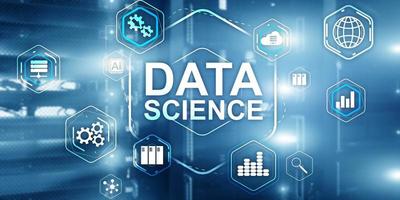
Data science is a multidisciplinary field that uses scientific methods, processes, algorithms, and systems to extract insights and knowledge from structured and unstructured data. It combines elements from statistics, mathematics, computer science, and domain-specific expertise to analyze and interpret complex data sets. The primary goal of data science is to uncover patterns, trends, and meaningful information that can be used to inform decision-making, solve problems, and drive innovation across various industries.
Key components of data science include:
Data Collection:
Gathering relevant data from various sources, such as databases, sensors, APIs, and external datasets.Data Cleaning and Preprocessing:
Cleaning and transforming raw data to remove errors, inconsistencies, and missing values, making it suitable for analysis.Exploratory Data Analysis (EDA):
Exploring and visualizing data to understand its distribution, relationships, and potential patterns.Feature Engineering:
Creating new features or transforming existing ones to enhance the performance of machine learning models.Statistical Analysis:
Applying statistical methods to identify patterns, correlations, and significant relationships in the data.Machine Learning:
Utilizing machine learning algorithms to build predictive models, classify data, and automate decision-making processes.Predictive Modeling:
Developing models that can make predictions or forecasts based on historical data.Data Visualization:
Creating visual representations of data to communicate insights and findings effectively.Big Data Technologies:
Working with tools and frameworks designed to handle and process large volumes of data, such as Hadoop and Spark.Deep Learning:
Using neural networks and deep learning techniques for complex pattern recognition and feature extraction.Natural Language Processing (NLP):
Analyzing and interpreting human language data, enabling machines to understand, interpret, and generate human-like text.Model Evaluation and Validation:
Assessing the performance of machine learning models and ensuring their reliability through validation techniques.Deployment and Integration:
Implementing data science models into production systems and integrating them with existing workflows.Ethics and Privacy:
Considering ethical implications and privacy concerns associated with handling sensitive data.